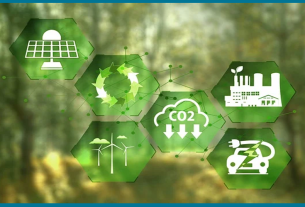Innovative and creative Eco-Friendly Shipping Pallets Made from Coconut Husk Waste
Michiel Vos, the founder of CocoPallet, is leading a sustainable revolution in the logistics industry with an innovative solution: shipping pallets made entirely from coconut husks. By replacing traditional timber pallets with eco-friendly alternatives, CocoPallet aims to save an estimated 200 million trees, significantly reducing the environmental impact of deforestation.
A Sustainable and Durable Alternative
CocoPallets are crafted by compressing coconut husks using heat and pressure, without the need for synthetic resins or chemicals. This process results in strong, biodegradable pallets that offer a durable and environmentally responsible alternative to wooden pallets. By using coconut husks, which are often discarded as agricultural waste, CocoPallet is transforming an abundant byproduct into a valuable resource, promoting sustainability in the logistics sector.
Supporting Local Farmers and Economies
In addition to its environmental impact, CocoPallet provides economic benefits to farmers in coconut-producing regions, including the Philippines and Indonesia. With billions of coconuts harvested annually, the company repurposes what would otherwise be waste, creating new income streams for local communities. This innovative approach provides an opportunity to boost local economies while addressing global environmental challenges.
Addressing Global Sustainability Challenges
CocoPallet is tackling two major issues: the need to reduce deforestation and the underutilization of agricultural byproducts. By creating a viable market for coconut husks, the company not only saves millions of trees but also offers a sustainable alternative that reduces plastic waste in global logistics. As a result, CocoPallet is positioning itself as a key player in the transition to a circular economy, one that maximizes the value of waste while protecting our planet’s natural resources.
Through its innovative solution, CocoPallet is not only addressing the immediate needs of the logistics industry but also contributing to a greener, more sustainable future for both local communities and the planet.

